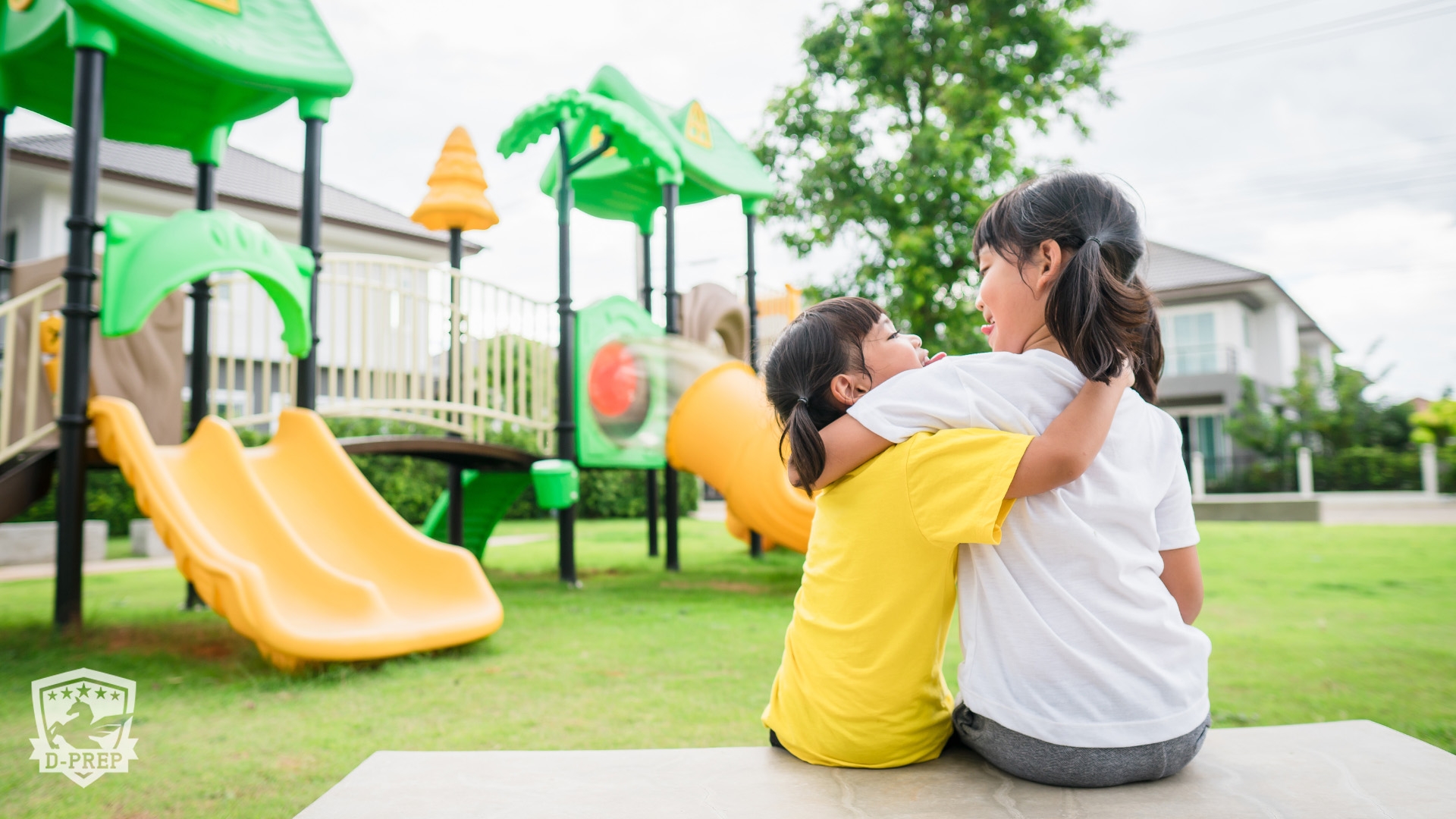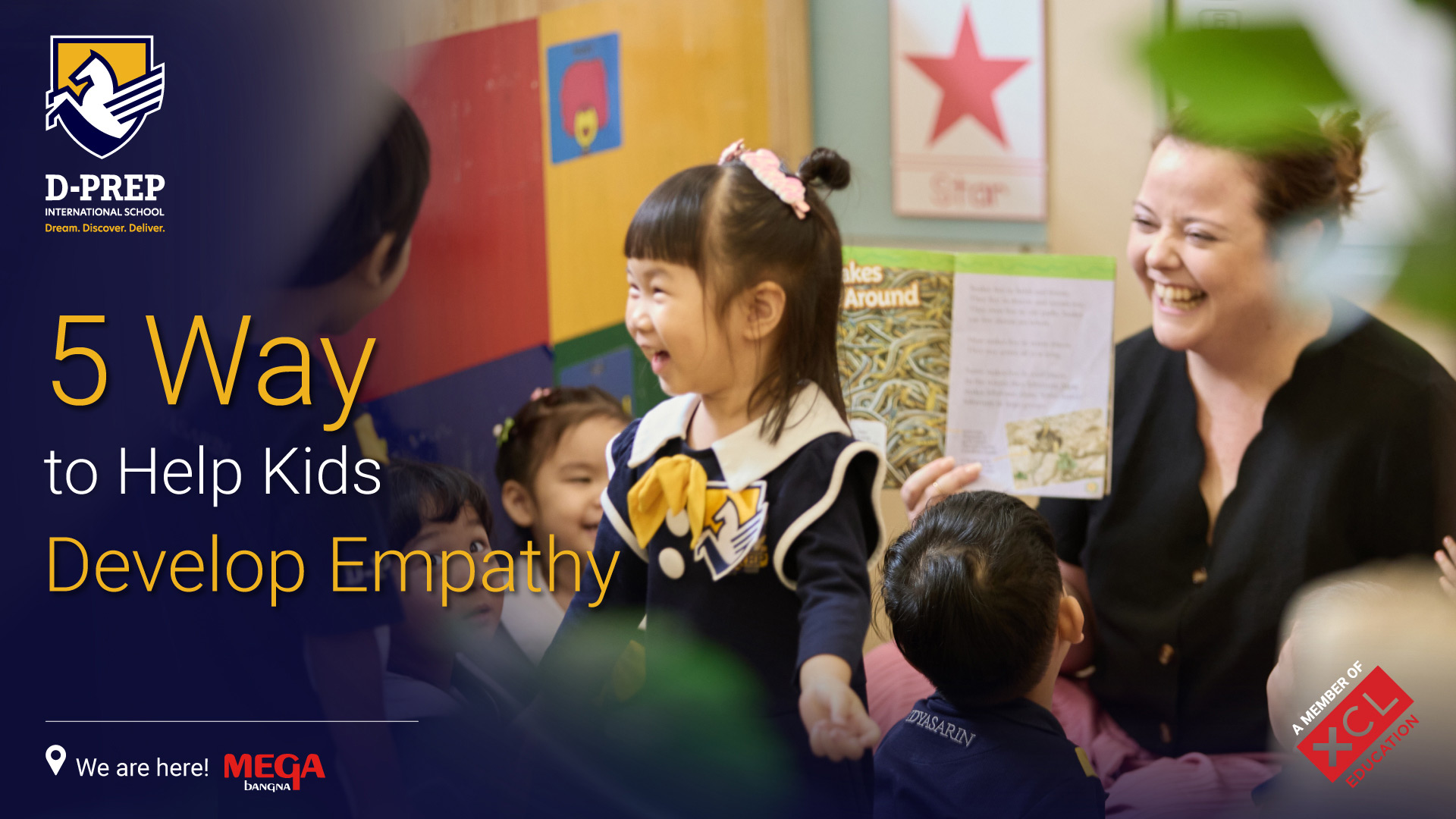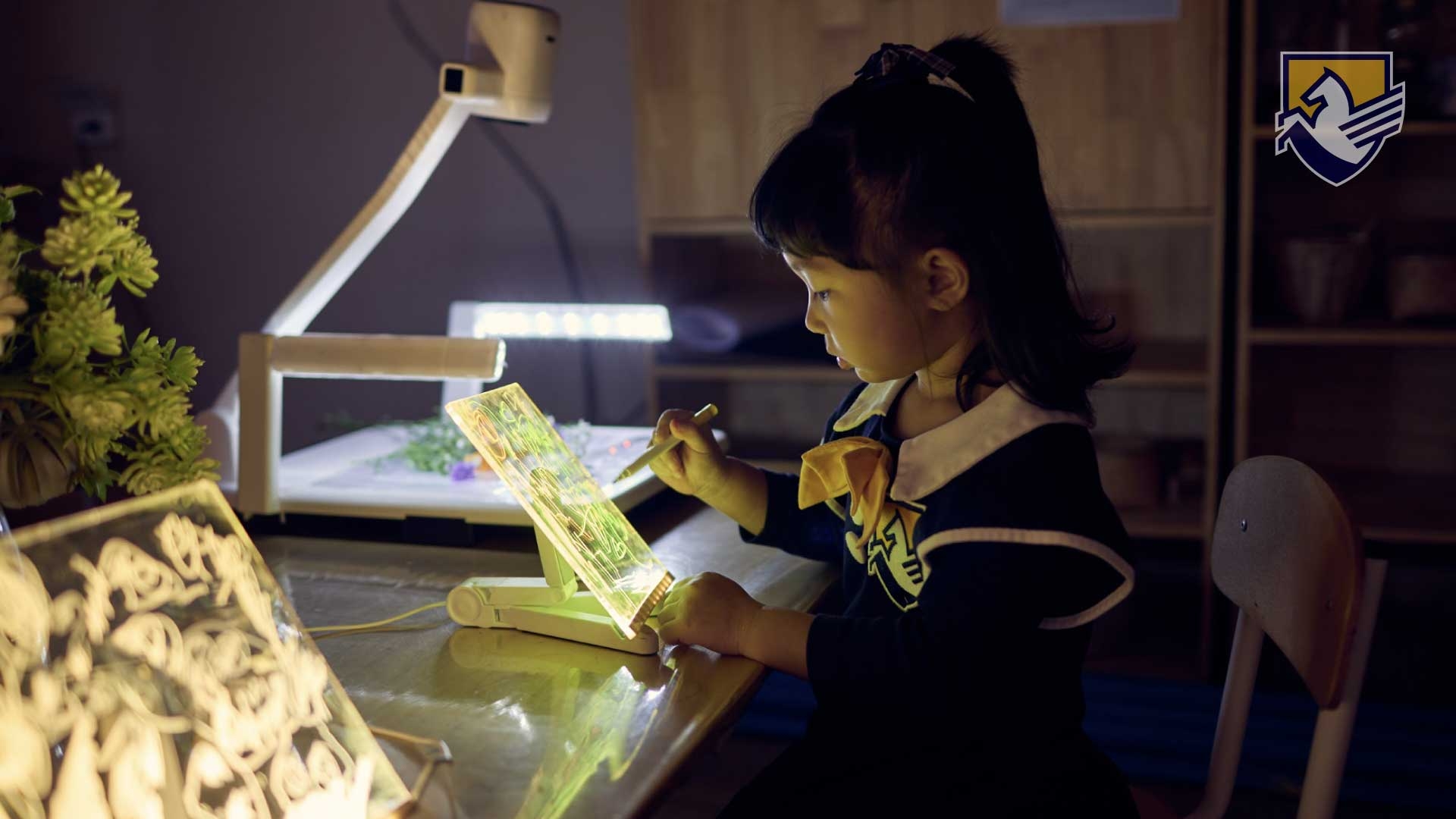When we hear the word compassion, the first thing that comes to mind is feeling or showing we care about the people around us. However, compassion means more than that. Compassion is the value of understanding another person’s feelings and taking action to help them. Although compassion is quite similar to empathy, they are different. Unlike empathy, compassion doesn’t just share the feelings of another. Compassion requires action.
Actions speak louder than words. It is easy to forget to treat others with compassion, especially when we are required to multitask. Fortunately, compassion can be taught and relearned. It is an especially powerful value that should be taught to kids.
Compassion contributes to a life of purpose and meaning, improving a person’s psychological well-being. People who discover their purpose experience “Eudaimonic” Happiness, which is more lasting than the fleeting pleasure we feel when we buy the latest gadgets or toys. As a parent, we want our children to experience that same lasting happiness, and this can be achieved by teaching them compassion.
Teaching children is not easy, which is why we’ve made a list of five ways you can teach compassion at home:
1. Be compassionate to yourself and others

As adults, we understand abstract concepts like emotions and values. However, children under six years old still cannot fully comprehend their meaning. One of the best ways to make kids understand compassion is through concrete actions.
Children look to their parents and guardians as role models. By showing acts of kindness, children will have concrete examples to imitate in their day-to-day life. Even something as simple as holding the door for an elderly person or acting kindly to servers when they get your order wrong can go a long way.
2. Teach them about feelings and facial expressions

A saying goes, “The eyes are the windows to the soul.” This sentence holds some truth as one’s facial expressions say a lot about their current emotions. When we communicate with others, we don’t just listen to what the other person is saying but also look at their facial expression and body language.
Understanding emotions can be quite challenging for children, especially when they’re young and have only been interacting with their parents. To help them learn about empathy and compassion, you can teach your kids to recognize different facial expressions and the emotions associated with them through flashcards, role play, and games. You can even watch movies or read picture books and explain how the characters feel based on their expressions.
3. Donate or volunteer to help in local homeless shelters

It may be daunting to expose kids to harsh situations and realities. As parents, we want to protect our children to the best of our abilities. However, keeping them in a bubble of protection and never letting them out of their comfort zone can be harmful in the long term. Children whose rude and inappropriate actions are tolerated can become spoiled, entitled, and numb to others’ feelings. Bringing your children to help out and donate to local homeless shelters can help them understand that not everyone has a privileged life and that they can help others out in their little ways.
By helping out or donating, you give your children a memorable experience and help those in need simultaneously. Letting your kids interact with children who are not like them also builds empathy and tolerance– combine that with the act of volunteering, and you’re teaching them to turn empathy into action.
4. Do not tolerate rude actions

Whether it’s your first or fifth child, temper tantrums are always present. They typically start in children 12-18 months old and get worse when they turn 2-3 years old. Tantrums happen when children have unmet needs or desires and cannot express or control their emotions. These tantrums should subside when children learn to communicate by four years old. However, there are instances when these tantrums still constantly happen, especially when parents neglect to set boundaries and spoil their kids.
As a parent, raising a kid with constant tantrums can be a nightmare. This is why it’s important early on to set boundaries. Small actions pile up, and teaching kids to say “please” and “thank you” can go a long way in helping them grow to be compassionate adults. Be comfortable with saying “no” to teach your children self-control.
Another important way to teach compassion is to not tolerate rudeness and to act accordingly. When someone is rude to you, deal with the situation responsibly before talking to your children about the situation. Discuss how certain actions are wrong and how they should act if they were in the same scenario. Kids need to learn that when someone is being rude, they should not respond rudely too. Instead, they should be respectful and carry themselves with dignity.
5. Practice loving-kindness meditation with them

There are different kinds of meditation, but Loving-kindness meditation is the best type to practice with your kids if you want to cultivate compassion in them. Loving-kindness meditation is a type of meditation that aims to develop a person’s kindness and love for oneself and others.
You can start practicing this type of meditation by setting some quiet time for yourself and your child. Sit comfortably, close your eyes, and take deep, calming breaths. Once you’re in a calm state of mind, imagine unconditional love entering your body. Thank yourself for being authentic and knowing that you are loved for who you are. Continue doing this with focus, breathing slowly and deeply.
Buddhist meditation teacher Sharon Salzberg recommends repeating 3-4 phrases during the process, such as:
- May I be safe
- May I be healthy
- May I be happy
- May I live with ease
After repeating the phrases for a few minutes, you can start shifting your focus to other people in your life. Feel yourself sending that love and gratitude towards them and wishing them well. You can even extend this feeling of love to people anywhere in the world.
Compassion, like a muscle, can be trained. It is a value that promotes meaningful connections, leading to great relationships and, ultimately, better mental health. As a parent, one of the greatest gifts you can give your children are lessons on compassion and living a meaningful life. Your kids’ physical gifts, like toys and gadgets, may get lost or destroyed in the future, but these lessons on compassion will remain with them for life.






